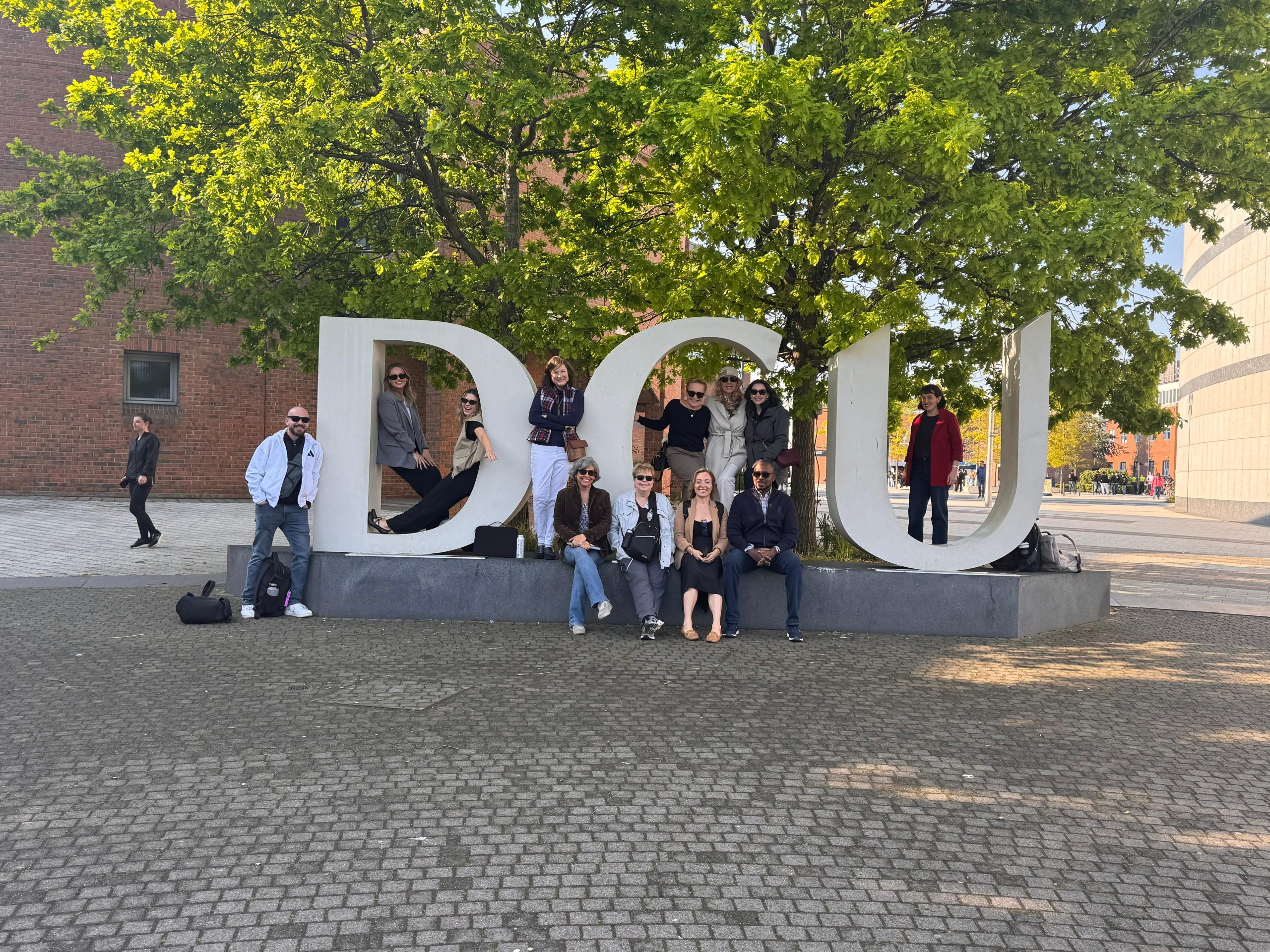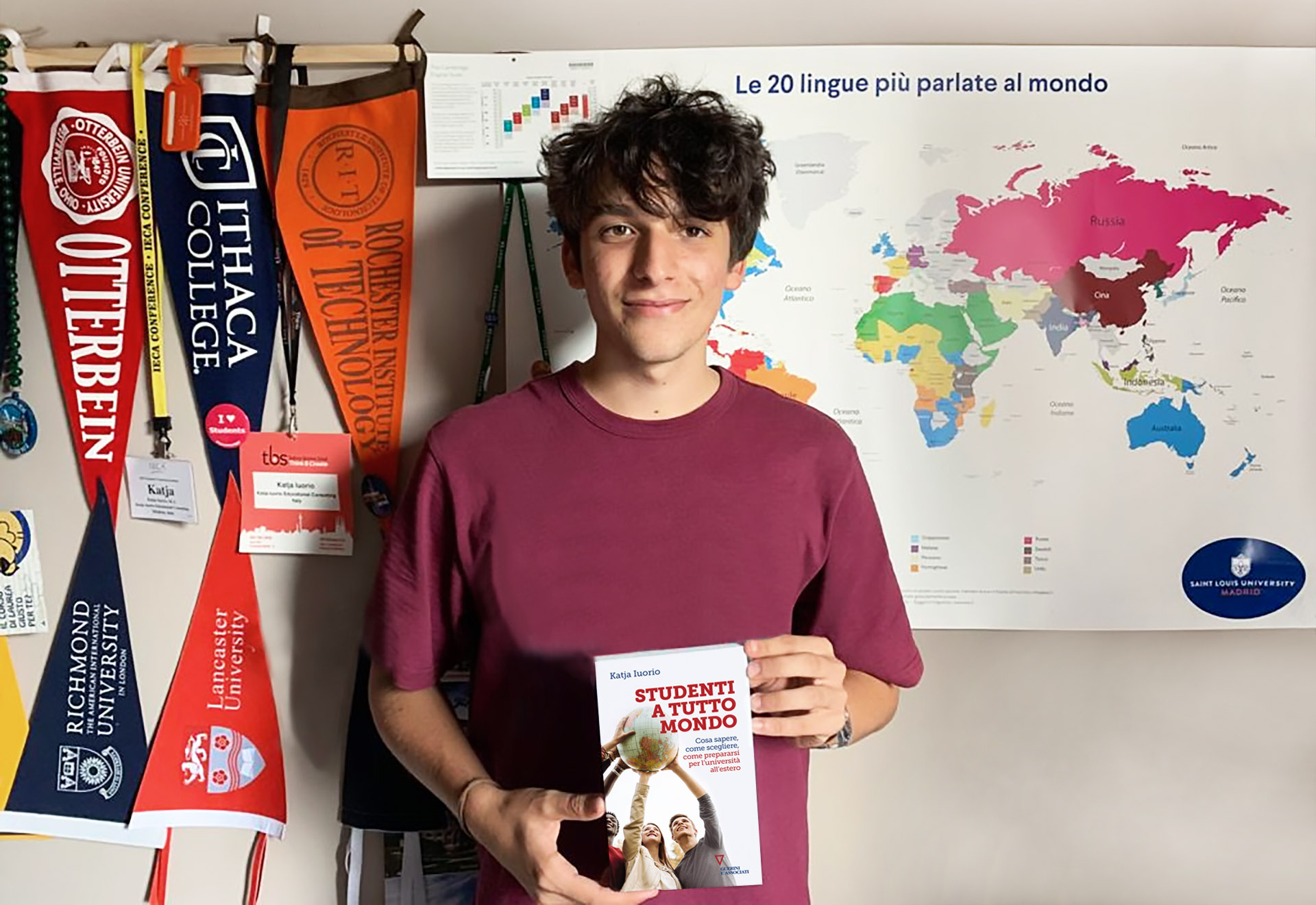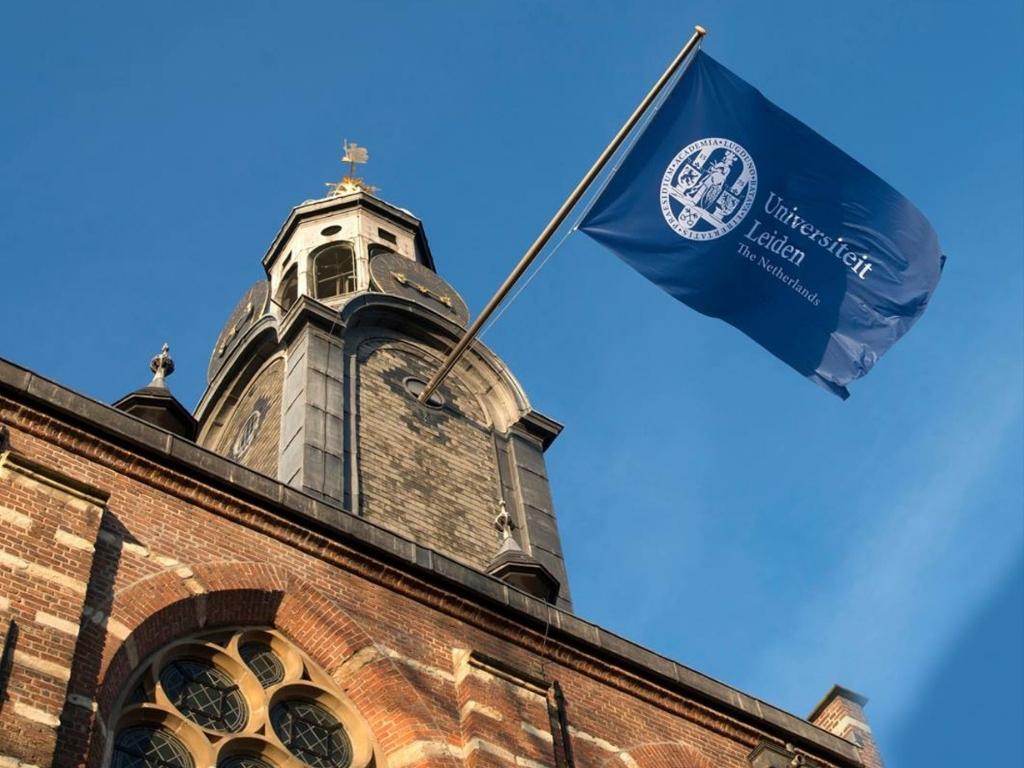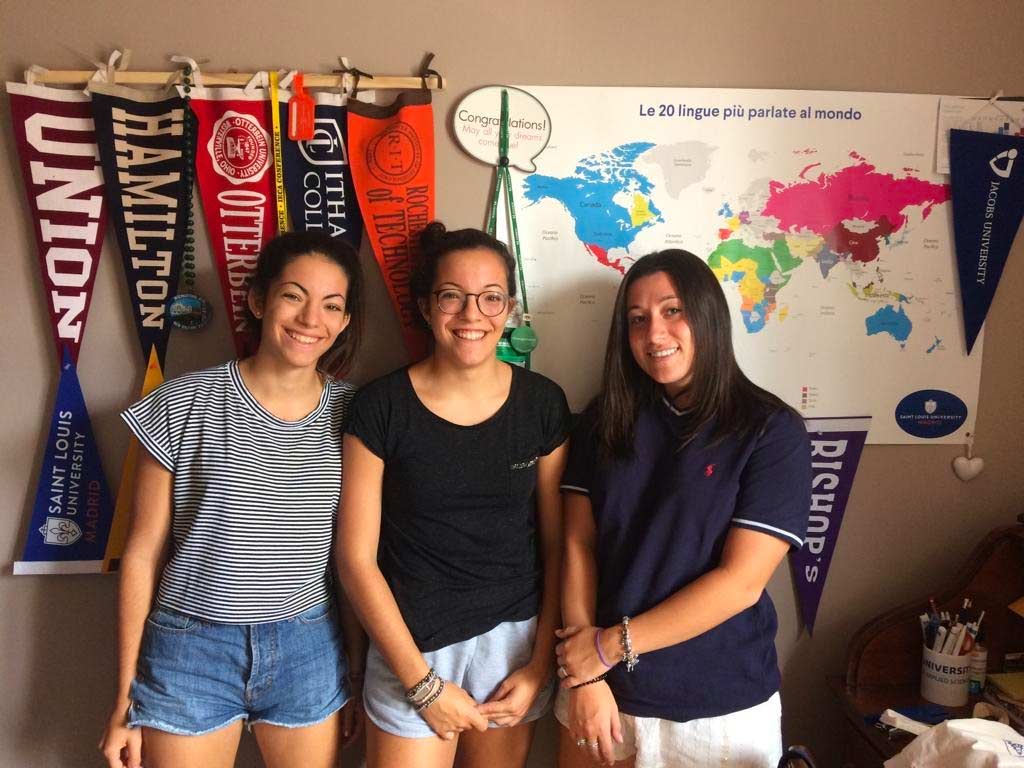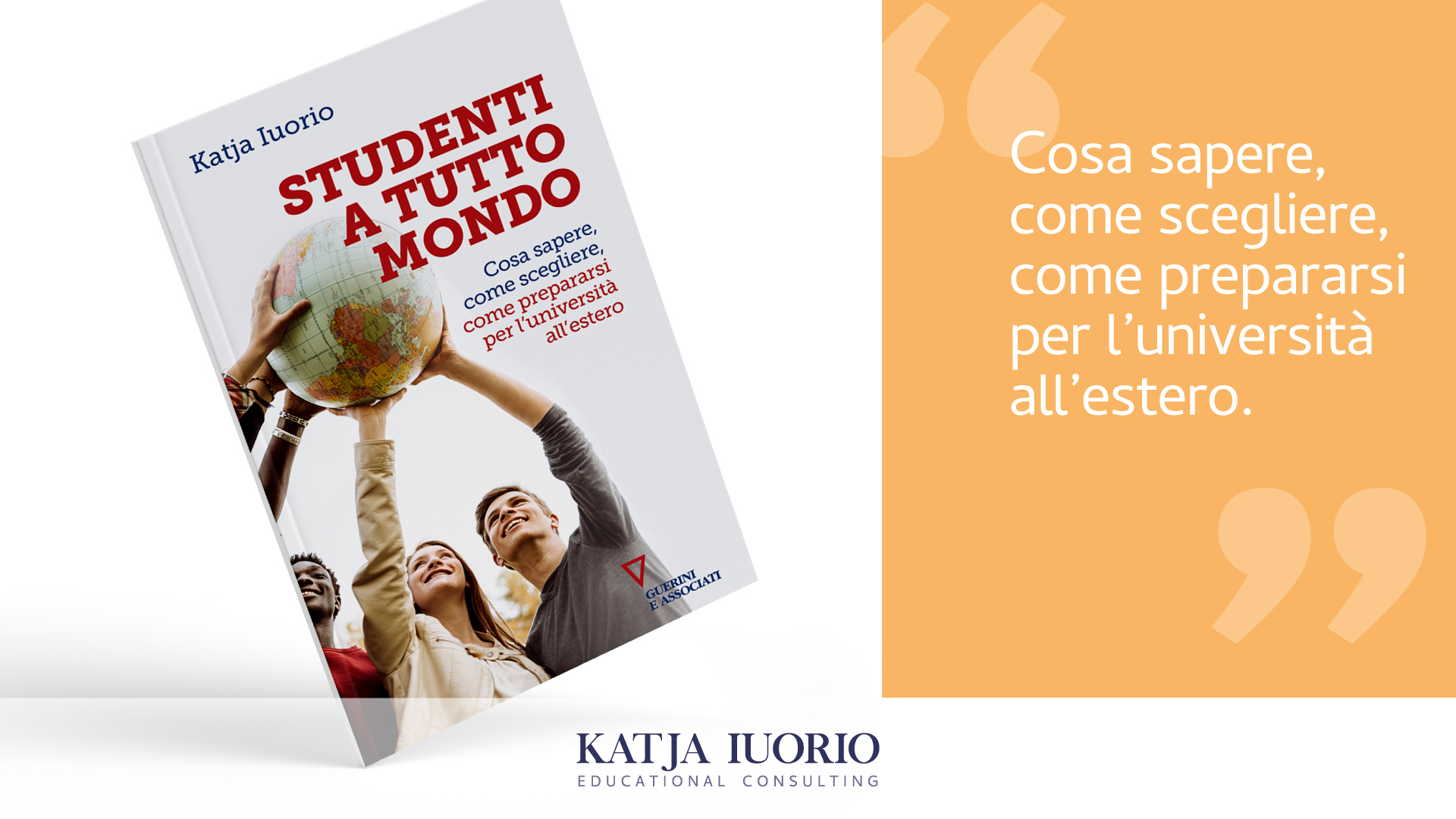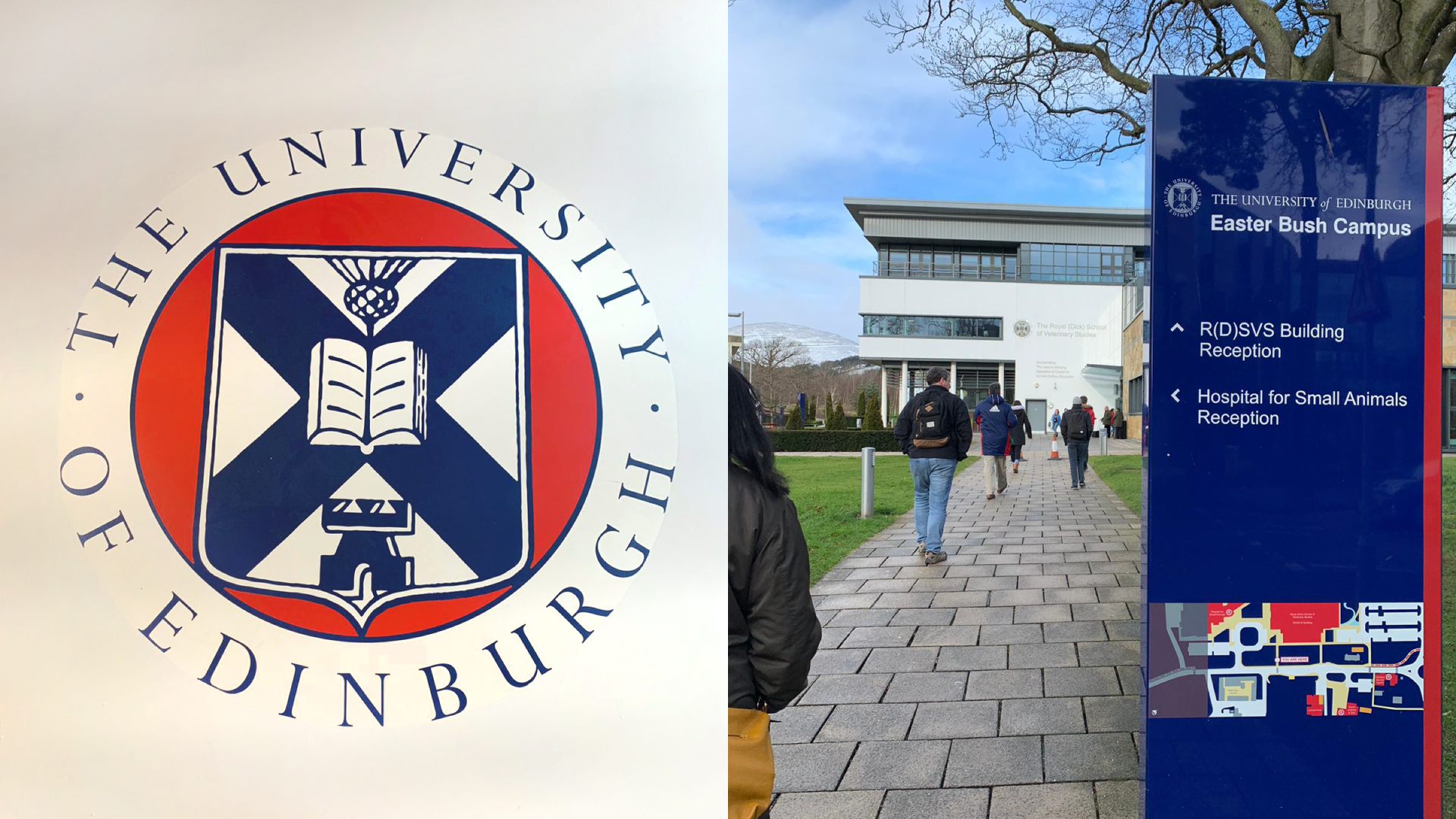Studying abroad today: the courage to put the world in your backpack
Every time I prepare a boy for his first departure, I find myself reliving the same question: What does it mean today to leave home to study across borders? In this post I gather some reflections born out of the last chapter of my book and daily experience as educational counselor: an integrated look at the emotions, practical challenges and potential of a path that, despite the uncertainties of the present, remains an extraordinary resource for young people and their families.
Studying abroad in the era of global uncertainties
Does studying abroad require courage? Sure, it can be a challenge for kids and families, especially at a time in history fraught with questions for the younger generation. Yet it remains a unique opportunity.
A choice of presence, not escape
When I started my business about ten years ago, the task of guiding young people toward their future appeared relatively more linear and predictable than it does today. Today, the global landscape has become extremely unstable and uncertain, with constant shocks and sudden changes. Parents are asking, "What tools and skills should we provide our children to prepare them for the challenges ahead?"
Yet, young people continue to pack their bags and pursue study and life paths abroad. It is not an escape, but an act of presence and determination. They want to understand the world directly, not just through a screen. Their choice to study abroad represents a clear statement of intent: to immerse themselves in the experience and build their identity in a global and plural context.
In this context, it is crucial to equip them with the tools and skills they need to meet the challenges of an ever-changing world. Never more crucial than today is it to help them be well prepared and resilient in the face of the uncertainties of the future, equipping them with what really matters to successfully navigate their lives.
Emotions in baggage
Behind the airport photo and the tugged smile are layered emotions: elation, fear of not making it, anticipatory nostalgia. As an educational counselor-you know, that's my terrain of choice-I observe that managing this emotional merry-go-round is already half the training. Recognizing fear, naming it, understanding its protective function means transforming it from a brake to a compass. Then there is enthusiasm, an indispensable engine but one to be calibrated: uncontrolled euphoria can overwhelm the ability to plan.
Teaching children to listen to their emotions-with concrete tools, not motivational slogans-prepares them to converse with different cultures far better than any conversation manual. And it is surprising to note how, as soon as they learn to "hold the emotional steering wheel," they can then handle even bureaucracy or expense planning with more lucidity.
The silent (but decisive) contribution of families
I often repeat, even in meetings with parents, a sentence from my book "Students all over the world" I particularly address to them when the path of studying abroad materializes: "Don't burden them with your anxiety ... don't cover them with recommendations ... they have already shown courage and maturity." Too many recommendations in fact become ballast, too much anxiety turns into self-fulfilling prophecy.
I suggest three essential movements.
- Confidence declared: Say explicitly, "We are confident that you will succeed." Confidence in words reduces the noise of unspoken fears.
- Clear boundaries: Agree on how, when and why it feels. A regular contact frame avoids stifling control.
- Ritual return: a fixed time-Christmas break or end of semester-at which to meet in person to take stock. The ritual acts as a hinge between two worlds, the home world and the new world.
Thus detachment becomes an experience of mutual growth, not fracture. Parents discover that by staying put, they, too, embark on a journey: they learn to trust the process, renegotiate the boundaries of affection, and, in many cases, rediscover their autonomy beyond the parental role.
Skills that are not taught in school: autonomy and resilience
In class you learn physics or literature, but on the subway in a new city you learn to ask for information in another language, to deal with the unexpected, to tolerate the discomfort of getting lost. These are micro-events that build the resilience everyone talks about. International experience compresses into a few months learnings that would take years at home:
- Rapid problem solving (the night bus that skips, the credit card that doesn't go through).
- Cross-cultural skills (deciphering body languages, grasping the nuances of humor, respecting different social codes).
- Time and money management (bills in pounds, exams in ECTS credits, weekly budget in a currency that fluctuates).
Not surprisingly, research on employability confirms that those returning from a study abroad period enjoy a competitive advantage: brings with it formal certifications, certainly, but more importantly a set of soft skills that companies and institutions struggle to train from within. These skills resonate with innovation : the international graduate is often the one in the company who proposes more inclusive processes, sustainable business models, partnerships across national borders.
The gaze of the educational counselor: a red thread that holds everything together
I talk about these dynamics because, in my work as an educational counselor, I experience them on a daily basis across the board: sinceacademic orientation at financial planning, from emotional training to the practical translation of bureaucracy. It is a privileged vantage point that allows me to grasp the interconnectedness between dimensions often treated as watertight compartments.
When a young person manages to choose the university best suited to his or her inclinations, manage a realistic budget, and deal with a homesick attack without going haywire, these are not three separate successes: it is The same red thread of awareness that runs through every decision. I learned in the field that emotional competence strengthens financial competence and vice versa; that academic choice dialogues with personal identity; that even bureaucracy, if decoded with patience, becomes a training ground for autonomy.
Therefore, when I talk about "leaving today", I never refer to an isolated gesture, but to an ecosystem of choices that feed off each other. And if today I dwell on the centrality of emotions, tomorrow I might devote space to scholarship or differences between university systems: different topics, same integrated perspective.
Looking to the future with clarity and determination
The young people I meet Today they are not naive: They have experienced two global economic crises, a pandemic, a European conflict, and unprecedented seasons of environmental disasters. They know that the future requires them to be flexible and possess critical thinking. For this reason, they choose innovative university pathways that include mandatory internships, sustainability modules and civic engagement projects. They look for universities that are not limited to academic excellence but also promote social innovation.
It is our task as adults to recognize and value this foresight of theirs, avoiding dismissing it as mere optimism. We need to create genuine spaces for confrontation, rather than offering pre-packaged solutions; we need to be Willing to listen to their questions before proposing our answers. If we involve them in decision-making processes-in schools, in companies, in institutions-we will find that young people are not just asking for hope: they are already building their future, day by day, with that first act of courage that is the choice to leave.
This is also why I continue to do the work I do with passion. If you would like to learn more about opportunities and strategies to support young people on this growth path, contact me directly, to receive any information about it.




